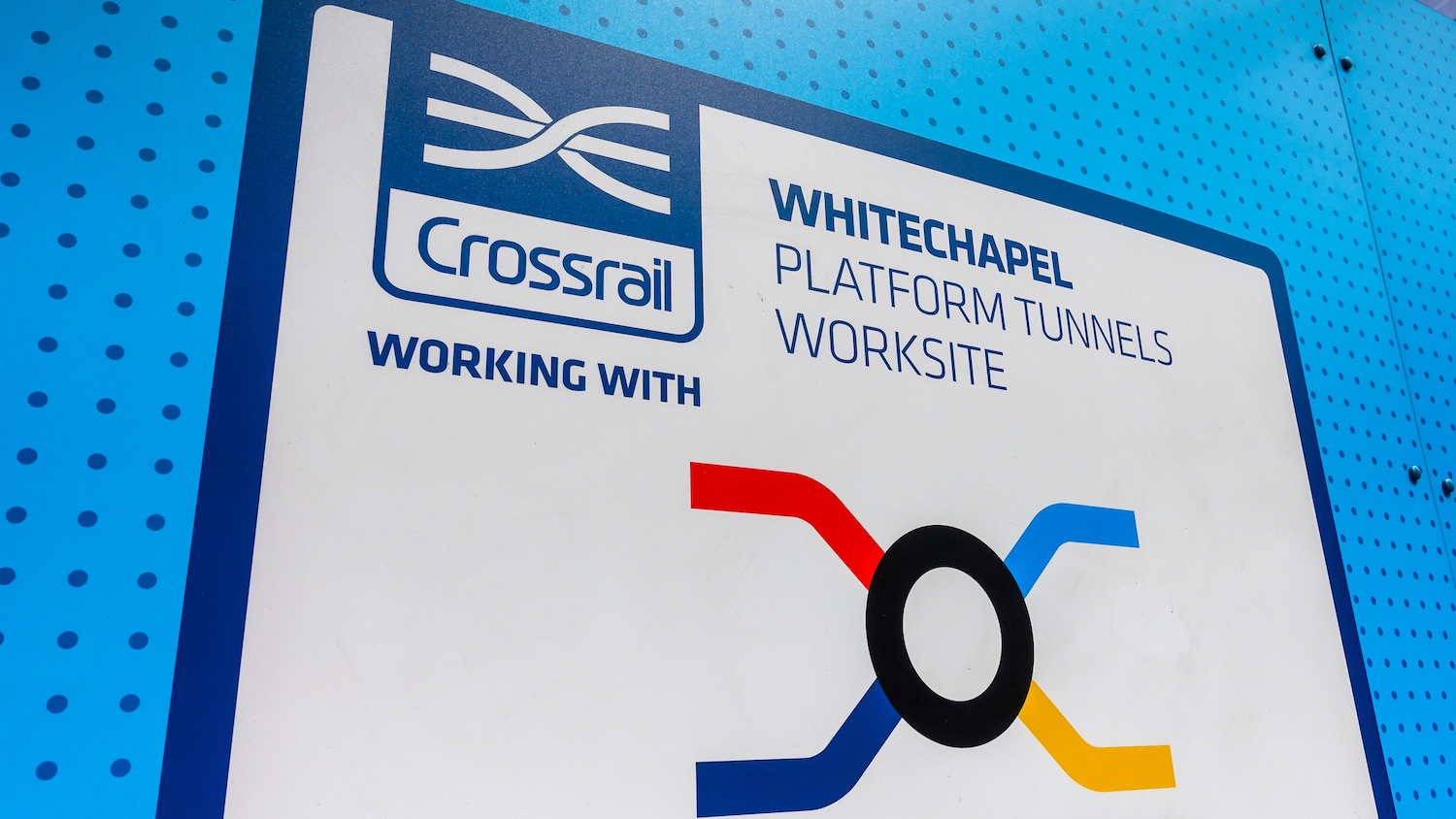
The Crossrail project team learned the hard way the trouble associated with not setting information management requirements at the start of the project.
A report prepared for the Department for Transport and the Infrastructure and Projects Authority, Sponsoring a Major Project – The Crossrail Experience, highlights the nine lessons learned, both from what worked on the project and what didn’t.
One of those nine lessons is that a project sponsor’s requirements should stipulate integrated digital asset management data in design and construction.
The report’s authors noted that the Crossrail project sponsors faced a challenge: BIM was a “relatively new way of collecting and integrating asset data when the sponsors’ requirements were written”.
In particular, the report authors said: “There was a notable challenge on Crossrail associated with the poor definition of asset data and the asset data management processes. The significance of this became clearer as the time for testing and assurance relating to entry into service approached, when it was discovered that the contractors’ data had inconsistencies and gaps.
“Many tests were repeated and the paper trail had to be recreated. Suppliers had their own individual methods of recording asset creation and test data, and holistic integration was challenging.
“A clear requirement from the joint sponsors relating to creation, standardisation, integration, and maintenance of asset data would have avoided much retrospective data assembly work later in the project, often taking place when the relevant contractors had left the project.”
Realistic information and metrics
Among the other nine key lessons proposed by the report authors, two more relate to information, its availability, and its potential benefits:
- The project sponsor should regularly check and ensure that a project delivery vehicle’s board is effective, is obtaining insightful programme integration assurance, and has realistic management information and performance metrics.
- Even in a highly devolved delivery model, the sponsor should maintain sight of and manage, or at least formally agree to, material scope, schedule and cost trade-offs arising through design and construction development throughout the project’s life, informed by the benefits realisation impact.
Don’t miss out on BIM and digital construction news: sign up to receive the BIMplus newsletter.












